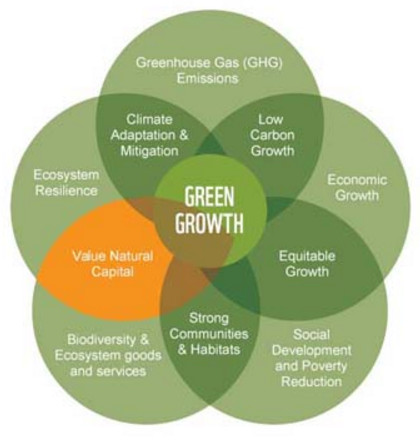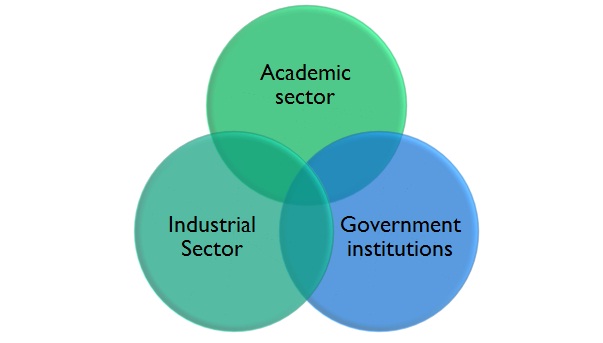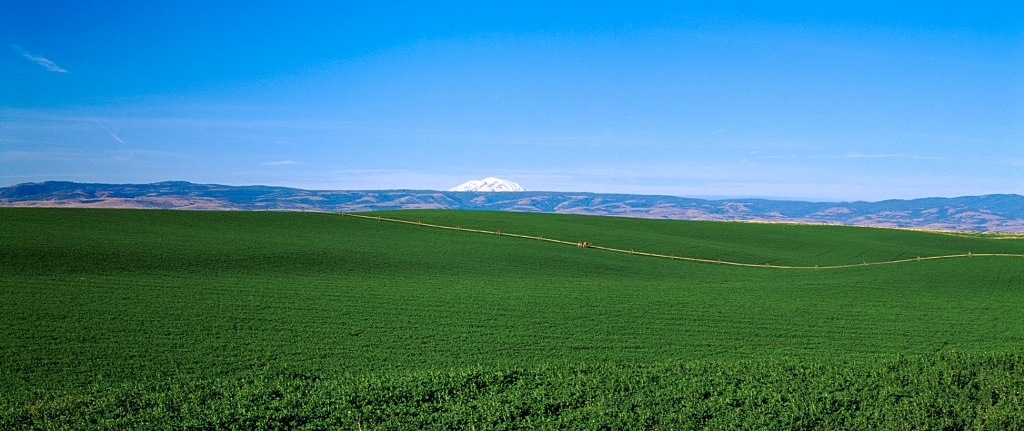 There is an evident positive relationship between innovations and economic development in the countries. Innovations and technological advancements are considered as a founding mechanism for competitiveness and efficiency, and thus a strong driver for economic growth. Increasing the capacity of the business sector for developing solutions that create higher added value for the customers by meeting their new needs or old needs in new ways, is another concept that we will concentrate on. Focus on innovation will be put on those sectors that create the countries’ competitive advantage in the global economy.
There is an evident positive relationship between innovations and economic development in the countries. Innovations and technological advancements are considered as a founding mechanism for competitiveness and efficiency, and thus a strong driver for economic growth. Increasing the capacity of the business sector for developing solutions that create higher added value for the customers by meeting their new needs or old needs in new ways, is another concept that we will concentrate on. Focus on innovation will be put on those sectors that create the countries’ competitive advantage in the global economy.
Economic theories and empirical studies have demonstrated that innovation is a key factor driving economic growth and long term well-being. As the Republic of Macedonia strives to grow economically, it is important to strengthen its competitiveness through implementation of mechanisms that drive efficiency and productivity and create products with greater value added.

In order to stimulate innovations, foster technological development and create knowledge-based economy, it is important to develop a surrounding that:
- Understands and promotes the benefits of innovation
- Supports and at the same time protects innovators
- Strives towards creating innovation.
Although innovation by definition involves implementation of not only new, but also improved products, services and processes, yet the general public perceives science and research as the only sources of innovation and somehow forgets about the incremental innovations that can have an equal and sometimes even greater impact on the growth compared to the radical ones. Therefore, it is immensely important to: raise awareness about the benefits of innovation and strengthen the educational system in a way that it will promote innovation and creative thinking.

The foundations for building innovation based economy, lay in the concept of cooperation, knowledge-sharing and joining resources. For a small country like Republic of Macedonia, with limited resource base it is essential to strengthen the communication and cooperation between these innovation actors. Therefore, this particularly targets the actors within the spheres as well as among the spheres of the triple helix model.
The legal protection of innovation is another area of interest. Creating a regulatory environment that will ensure that each and every actor involved in the process of creating the innovation (the innovator, the resource and infrastructure providers etc.) gets an equal share of the cake, is not only one of the greatest challenges in the Republic of Macedonia, but also everywhere in the world.

 The Government alone cannot resolve all environmental issues in one country. Having non profit organizations that care about these environmental questions is crucial for survival and protection of the environment. As a NGO, GGP is interacting with Governments and Internal intergovernmental organization in shaping international environmental policies and resolving environmental and security issues in many different areas. With creating awareness among the public and facilitating the participation of various categories of stakeholders there is always a discussion on current environmental issues and solutions for those issues.
The Government alone cannot resolve all environmental issues in one country. Having non profit organizations that care about these environmental questions is crucial for survival and protection of the environment. As a NGO, GGP is interacting with Governments and Internal intergovernmental organization in shaping international environmental policies and resolving environmental and security issues in many different areas. With creating awareness among the public and facilitating the participation of various categories of stakeholders there is always a discussion on current environmental issues and solutions for those issues. Sectors agriculture and rural development together make the first pillar and primary focus of the Green Growth Platform. These sectors are in GGP focus because we have an understanding that there is an under utilization of the natural resources and perception of social and economic inequality when compared to other sectors. With our activities we assist farmers and other sectors stakeholders to achieve a better understanding in the areas of agricultural development, agribusiness and agricultural markets.
Sectors agriculture and rural development together make the first pillar and primary focus of the Green Growth Platform. These sectors are in GGP focus because we have an understanding that there is an under utilization of the natural resources and perception of social and economic inequality when compared to other sectors. With our activities we assist farmers and other sectors stakeholders to achieve a better understanding in the areas of agricultural development, agribusiness and agricultural markets.